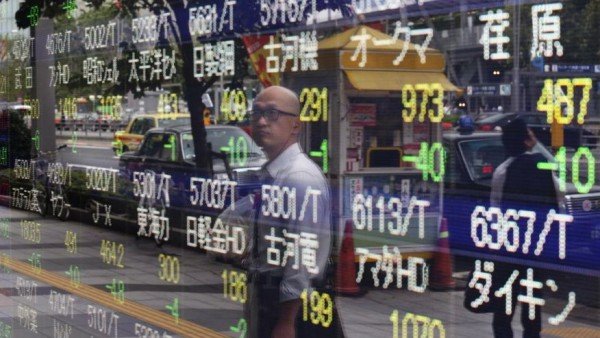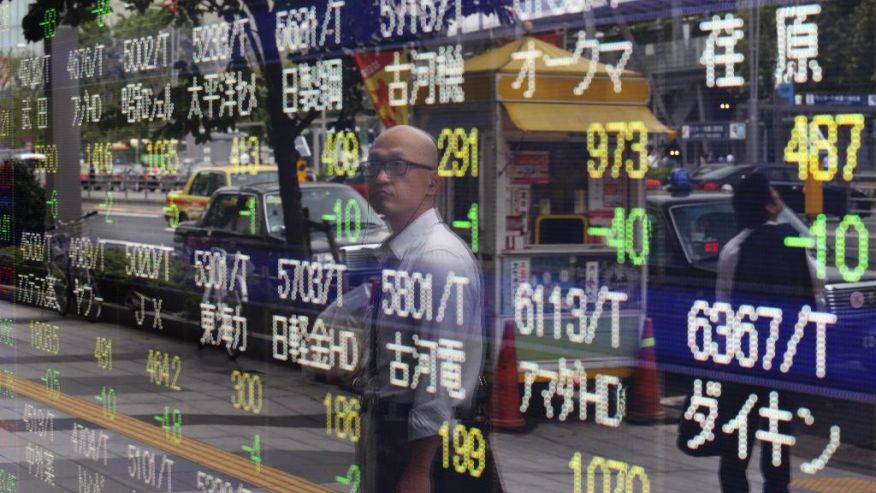Asian shares continued to fall on September 2, with Shanghai opening down more than 4% amid continuing worries about China’s growth.
On September 1, data suggesting China’s manufacturing sector was shrinking at its fastest pace in three years ignited a global market sell-off, resulting in US stocks closing down nearly 3%.
The Shanghai Composite recovered some ground to trade down 3.6% to 3,054.17.
Hong Kong’s Hang Seng index was lower by 1.7% to 20,818.22 in early trade.
Chinese markets will close at the end of September 2 for a two-day holiday to commemorate the end of World War Two.
Mainland Chinese stocks have lost nearly 40% of their value since June, despite attempts by the government and regulators to prop up the market.
Meanwhile, data showing US factory activity fell to a more than two-year low in August added to the already grim sentiment among investors.
Crude oil futures also continued downwards after an 8% fall in US trade, amid concerns about slowing demand from China.
Japan’s benchmark Nikkei 225 index was up 0.8% to 18,296.67 after leading the region’s losses in the previous session, down nearly 4%.
Australia’s S&P/ASX 200 was lower by 1.2% at 5,036.60 points as economic growth figures for the second quarter came in below expectations.
The economy expanded 0.2% from the previous quarter and was up 2% compared with the same period last year.
Economists were expecting quarterly growth of 0.4% while the annual rate was forecast to be up 2.2%.
In South Korea, shares were also lower after government data showed exports fell 4.3% in July, while imports rose 0.7%.
That led the current account surplus to fall to $9.5 billion in seasonally adjusted terms from a record high of $10.7 billion in June.
South Korea’s benchmark Kospi index was down 0.3% at 1,908.50.
https://www.youtube.com/watch?v=vC9TWKNul2w
